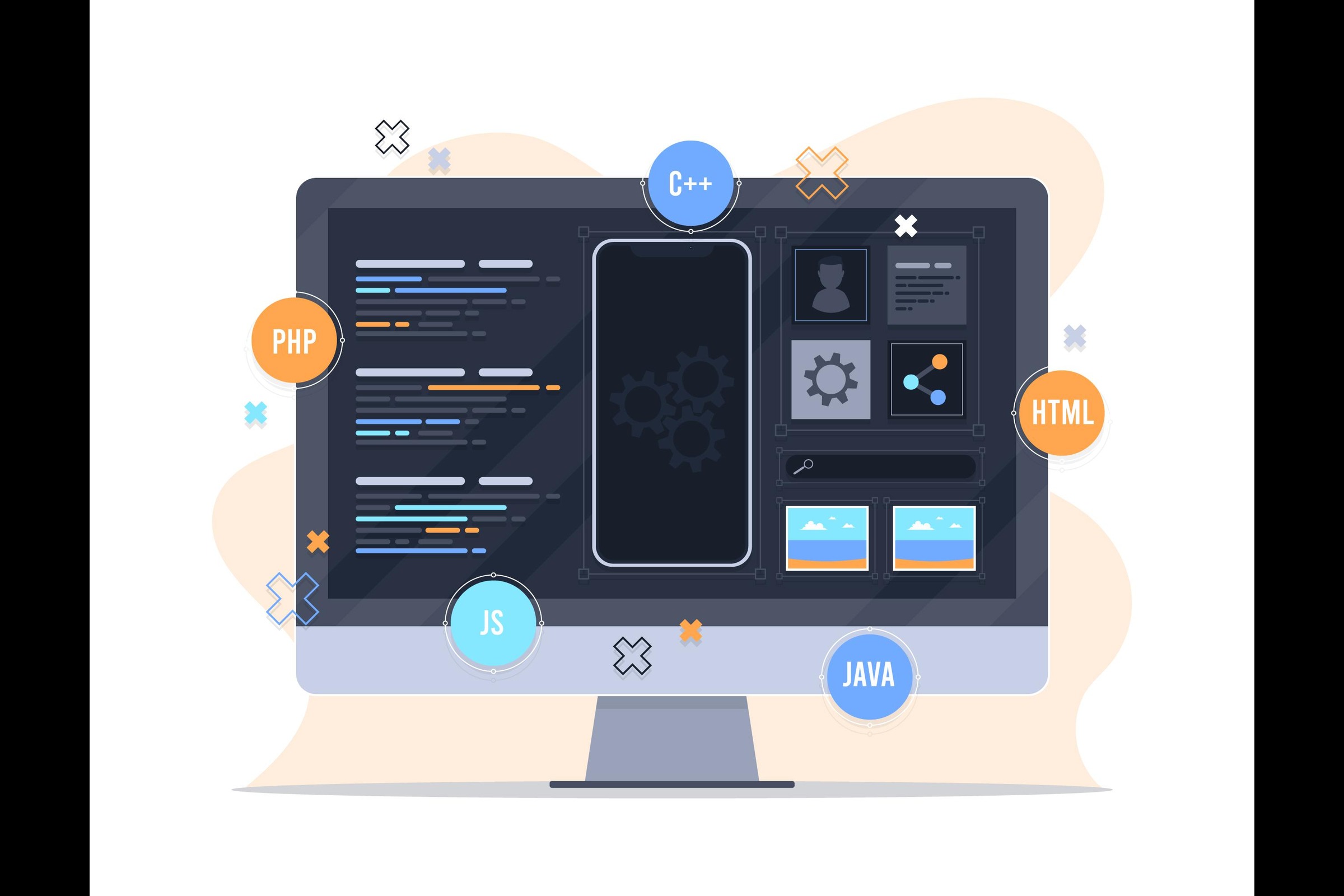Custom software development is all about creating specialised applications to meet the exact needs of a person or company. Unlike ready-made software, which is made for a wide range of users, custom software is designed to solve specific problems and is intended for internal use and can be resold.
A good example of custom software is an Enterprise Resource Planning (ERP) system. ERP systems combine various business functions—like finance, HR, inventory management, and production planning—into a tailored solution that fits the unique needs of an organisation.
Is Custom Software Right for Your Company?
If you're thinking about investing in custom software, consider these important factors:
Unique Business Requirements
If your company has specific processes or needs that off-the-shelf software can't fully address, custom software could be beneficial. It can be tailored to meet your exact requirements.
Competitive Advantage
Custom software can give your business a competitive edge by including unique features that standard solutions don’t offer, helping you stand out in the market.
Long-term Cost
While the initial cost of custom software may be higher than buying off-the-shelf options, it can be more cost-effective over time. Custom solutions can lower ongoing licensing fees and provide better returns through improved productivity.
Benefits of Custom Software Development
Custom software development can offer your company a better user experience, seamless integration with existing systems, scalability, and complete ownership over all software components.
- Tailored Approach and User Experience
Custom software allows direct communication between your development team and users, focusing on their needs and improving their experience. Off-the-shelf software is more general and may not meet specific needs as effectively. - Specific Features
Custom software can include exactly the features you need, while off-the-shelf software has a fixed set that might not fully suit your business. - Seamless Integration
Custom software can be designed to work smoothly with your existing systems, improving data flow between departments. Off-the-shelf solutions might struggle with this, reducing their effectiveness. - Scalability
Custom software can easily be updated as your business grows. In contrast, off-the-shelf solutions often have fixed capabilities that may not adapt well. - Enhanced Security
Custom software can include specific security measures to protect your sensitive data and reduces dependence on third-party vendors, which can pose security risks. - Ongoing Support and Maintenance
With custom software, you get continuous support from your development team to fix issues and add features. Off-the-shelf software may not offer this level of support. - Control and Ownership
Developing custom software means you own it and control all its features. You can make changes or switch technologies as needed, which helps avoid disputes and keeps a clear record of the software’s development.
Key Considerations for Custom Software Development
- Budget: Custom development can be pricier than off-the-shelf options. Set a realistic budget and understand the costs involved.
- Timeframe: Building custom software takes time, so have a clear timeline and understand the different phases.
- Technical Expertise: Choose a development team with the right skills, including developers, designers, and project managers.
- Scalability: Ensure the software can grow with your business and adapt to changes in technology.
- User Training: Proper training for users is crucial to get the most out of the new system.
Best Practices for Building Custom Software
- Research Your Industry: Understand your target audience and what they want. Look at competitors’ technologies and features to help differentiate your software.
- Define Goals and Requirements: Create a detailed project plan outlining objectives and the necessary skills for your team.
- Determine the Budget: Assess the complexity of each software module and estimate development efforts, including professional rates and any outsourcing fees.
This guide should help you consider if custom software is the right choice for your company!
Interested in outsourcing? Speak to us
If you're interested in learning more or have any questions about the article, please visit our website's contact page. speak to our team.
“Image designed by Freepik”

















